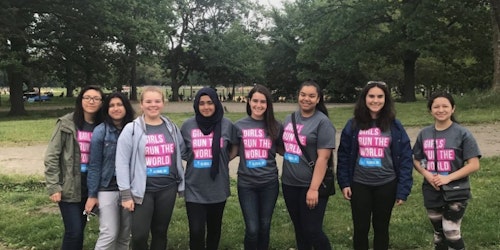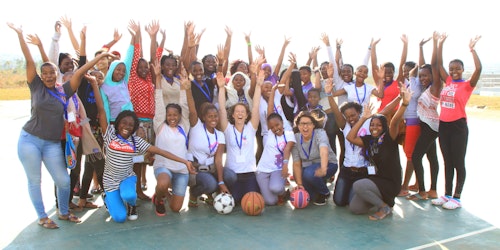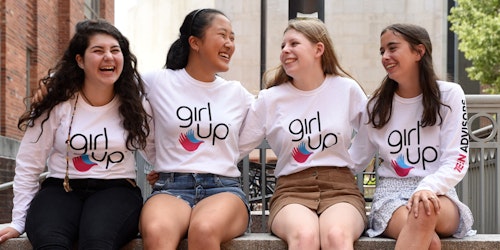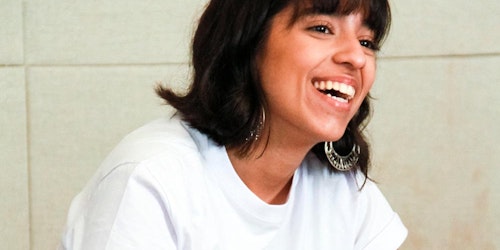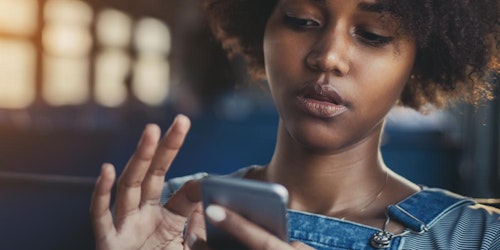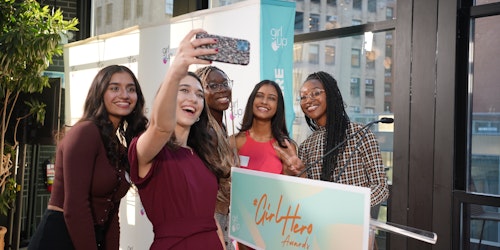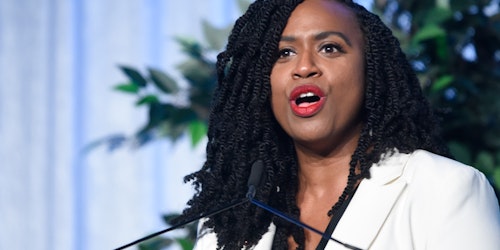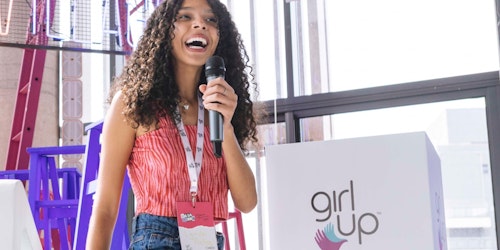When we as a collective discuss activism, we often show people advocating for the rights of others, even those whose identities do not intersect with ours. It is necessary for us to advocate against injustices, especially if you have certain privileges others were not fortunate enough to have.
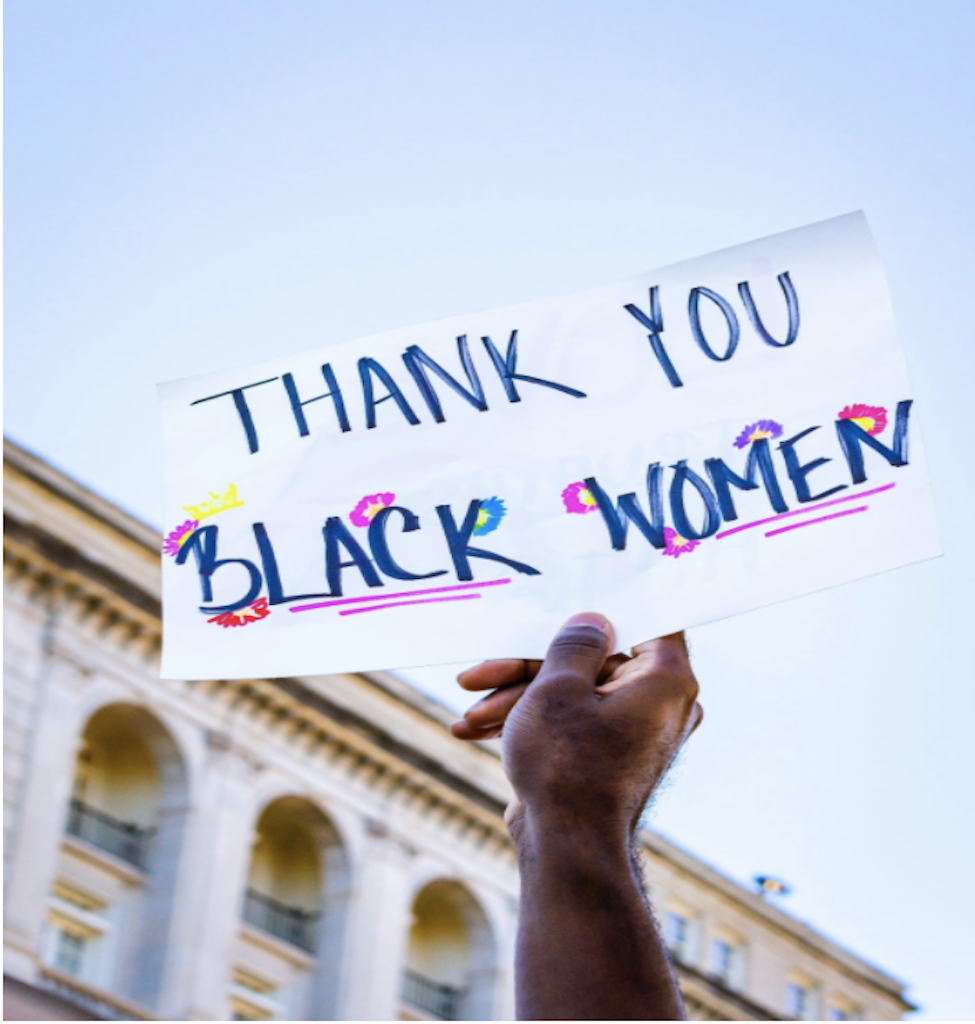
However, as I reflect on my experience as a Black woman partaking in activism work, I found that advocating for others became much easier than advocating for myself. I noticed that the more “involved” and “woke” I became, the less attuned I was to my feelings, my needs, and my rights.
Now I am not sure how this happened. Perhaps it is due to me, by virtue of being a Black woman, being socialized to put everyone before myself. Regardless of the cause, I allowed myself to be mistreated and abused by losing my innate ability to advocate for myself. Now, I strongly disagree with the idea that marginalized people are supposed to be doing the brunt of the work to dismantle harmful systems. For this reason I have personally divested from mainstream, laboursome, activist efforts.
Instead, I recognize the power of investing in and creating spaces where you feel seen and heard. Alongside this investment is learning to speak up when you feel you are receiving unfair treatment, when you have to navigate implicit and explicit biases, and when you feel others are disregarding your humanity.
Even in those moments when I have thoughts of “why me, why should I have to speak up in the instance, they should know not to do or say this,” I have begun to push back on those thoughts by saying “why not me?” If I truly consider myself to be someone who is striving to make this world a better place for Black girls and women and other marginalized communities, then the first Black woman, first woman, first person of color I should be speaking up for is myself — and I should be doing this in all circumstances no matter how seemingly big or small it is.
For some of us, myself included, this is easier said than done. Through becoming more aware of my habit to put myself last, I have begun to re-learn how to be on my side. As Maya Angelou stated “each time a woman stands up for herself, without knowing it possibly, without claiming it, she stands up for all women.”
I strongly agree with the sentiment that each time you stand up for yourself, you stand up for someone with similar identities to you. Even if you do not reap the benefits of getting an apology or some form of closure, your voice and your ability to stand up for yourself could be making this world a softer place for someone else.
